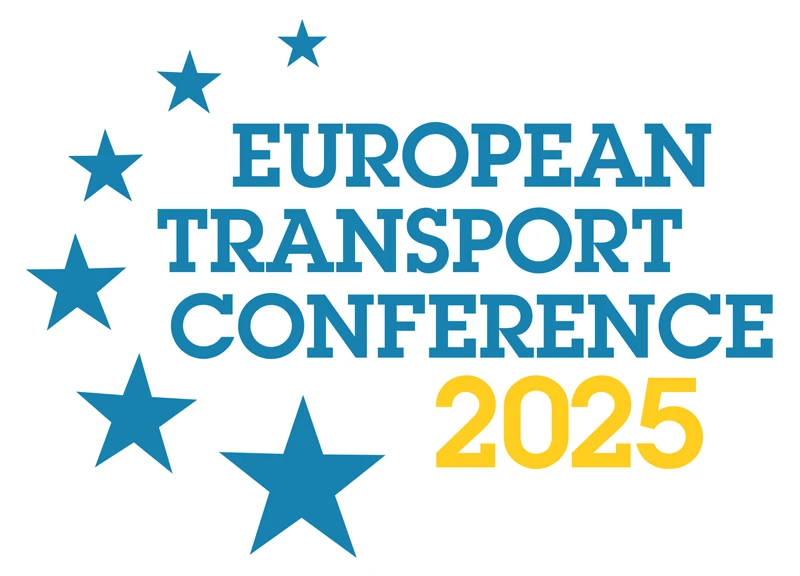-
Past ETC Papers

Browse, search and view papers from the past AET Conferences.
-
Members' Area

AET promotes networking and exchange of ideas, information and opportunities amongst members.
Conference Papers 2016
Barcelona, Spain
ETC Conference Papers 2016
Improving accessibility for people with mental impairments
Seminar
Day 1 (5 Oct 2016), Session 3, Equity, 17:00 - 19:00
Status
Accepted, documents submitted
Submitted by / Abstract owner
Roger Mackett
Authors
Roger Mackett, University College London
Short abstract
This paper examines the barriers to travel for people with mental impairments by considering the cognitive skills used in travelling and the nature of mental impairments. Interventions to overcome the barriers are then examined.
Abstract
In Great Britain, the Equality Act was passed in 2010 to reduce socio-economic inequalities and to eliminate discrimination. The Act covers a number of personal characteristics including age, race, sex and disability. The legislation says that a person has a disability if he or she has a physical or mental impairment which has a substantial and long term adverse effect on everyday life. Much work has been done to reduce the barriers to travel for disabled people but much of the emphasis has been on investment in engineering solutions, for example, ramps and tactile paving. It can be argued that much less has been done to address the needs of people with mental impairments than for those with a physical impairment.
The work described in this paper is being carried out for DPTAC (the Disabled Persons Transport Advisory Committee) which advises the UK Department for Transport on disability issues. It is based on evidence from the existing literature and from discussions with professionals working in the field to establish what is currently known and to identify ways of addressing the key issues. The purpose of the work is to raise aware of the topic, especially within the UK Department for Transport, and to encourage research in this area.
This paper will consider the cognitive skills required for each stage of making a journey from planning before travelling to dealing with disruption of the journey, for example the ability to remember information, the ability to comprehend information from various sources and to combine information and take decisions based on it. Travellers also require interpersonal communication skills, to have the confidence to travel alone and have the ability to behave appropriately for the age of the person.
Mental impairments include learning disabilities, intellectual impairments such as dementia and traumatic brain injury, behavioural impairments such as autism, and mental health conditions such as anxiety and agoraphobia. The ways in which various mental impairments affect these skills will be examined using evidence from the UK Life Opportunities Survey. This shows that anxiety and lack of confidence and interactions with other passengers, for example through overcrowding, are much more significant factors in making a journey than for people without a mental impairment.
The paper will then examine interventions that help to overcome the barriers to access for people with mental impairments. They can provide clear information, simplification of the journey, easier interpersonal communication, reassurance and cheaper travel. The last of these is important because many people with mental impairments have low incomes because they are unable to find suitable employment or receive low wages.
Interventions that help preparation for travel include travel training, inclusive travel guides, clear pre-journey information and personalised travel planning. Some interventions change the nature of the journey such as special transport services like dial-a-ride and improvements to the local environment for walking navigation. During the course of the journey, support and reassurance can come from people or from clear information. The former can come from staff who have received appropriate training or schemes such as travel support cards and safe places schemes. The latter can be in the form of clear signposting, Audio Visual Information (AVI) on buses and trains and mobile phone apps offering real time information during walk and bus journeys. Financial assistance can come from free or reduced price public transport, reduced price car lease or special parking provision but there are issues around establishing eligibility for these schemes for those with mental impairments.
The paper will conclude with discussion about the appropriateness of the various interventions in terms of the assistance that they offer at various stages of the journey in supporting the various cognitive processes used in travelling.
Documents:

Association For
European Transport
Forester House
Doctors Lane
Henley-in-Arden
Warwickshire, UK
B95 5AW
+44 (0) 15 64 793552
VAT number: 710 1866 64
Conference Supporters & Endorsers




Legal Entity
The Association for European Transport is registered as an Association ('vereniging') with the Chamber of Commerce for Haaglanden in The Netherlands under company number 27170096.
Built on Zenario




